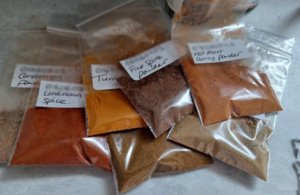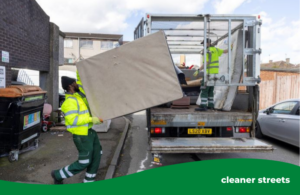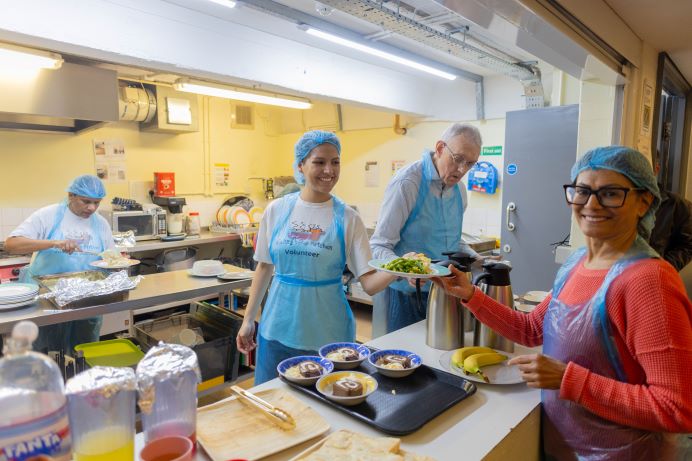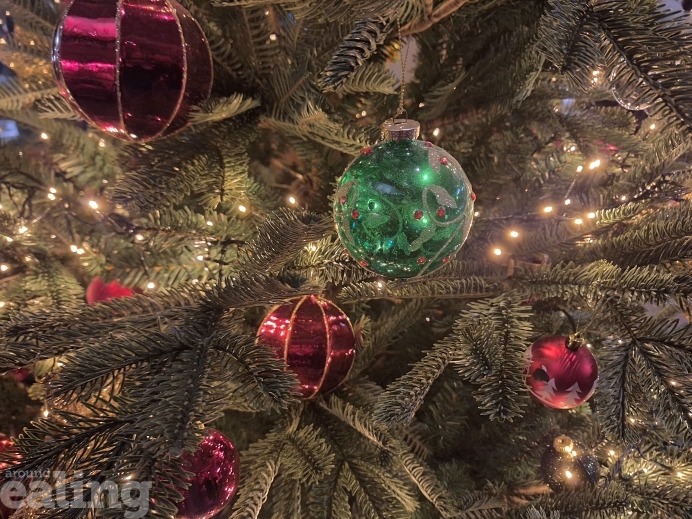Climate crisis is something every single one of us should be concerned about. Unless we take urgent steps to tackle the issue then people across the globe, the country and Ealing itself will see their lives seriously impacted.
The council has launched a climate action strategy which is beginning to change the way we do things to help fight this crisis and secure a greener, better place for residents. And this week we are looking at a key element of this strategy – biodiversity.
Biodiversity relates to the variety of species we have in the borough – essentially all the plants, trees, flowers, insects, animals and birds present in the area. Climate crisis, alongside habitat loss and modern farming methods, has tragically left us threatened with the real prospect of ecological collapse.
This could see the natural systems we take for granted – the food chain, pollination and soil fertility – cease to function as we know it.
The impacts on our living would be huge. Not only could we see food shortages and extreme weather patterns become normal in Ealing, so much of our natural history, identity, culture and folklore may be lost forever.
We need to drastically reduce the amount of harmful emissions produced by burning fossil fuels – this is known as becoming carbon neutral or achieving ‘net zero’ – Ealing is aiming for this by 2030.
By improving our biodiversity through expanding meadows, hedgerows and tree cover, we can store carbon for the long-term and aim for this ambitious but necessary target.
By increasing these green spaces we can also protect the habitats of flower and insect species vital to the pollination process and food chains.
‘Making a comeback right here in Ealing’
World Nature Conservation Day is this week (28 July), and we are marking the occasion by celebrating an Ealing Wildlife Group (EWG) project to bring a locally extinct species back to the borough.
The project is backed by the council and aims to reintroduce harvest mice, a tiny rodent species in significant national decline, to suitable habitats in the borough. Over the summer months the EWG has been running surveys to find the most suitable spots for the mice to be reintroduced, ahead of release.
Thanks to the efforts of the dedicated volunteers of the EWG, Ealing is set to become one of the first boroughs in London to undertake a project of this kind.
EWG founder Sean McCormack: “We believe that after much surveying of potential habitats, the harvest mouse is locally extinct – but luckily there are a number of localities that could support a population. We have successfully crowdfunded a rewilding programme and will hopefully be in the position to this species make a comeback right here in Ealing.”
‘Protecting and enhancing biodiversity’
Councillor Deirdre Costigan, deputy leader and cabinet member for climate action said: “World Nature Conservation Day is a great time to consider how we can make changes to protect and enhance biodiversity here in Ealing.
“Our Biodiversity Action Plan will launch in September setting out how we will transform parks and green spaces, ensuring they serve both local people and nature in the long-term.”
Ealing Council’s new leadership has signalled a step change in the way the borough will tackle the growing climate crisis and it is a key priority. Enhancing, protecting and improving nature and biodiversity is a huge part of this revamped strategy.
Councillor Costigan continued: “Climate crisis is something none of us can ignore. By uniting as a borough we can begin to make positive steps needed to tackle this enormous challenge and continue to make Ealing a better place to live for our residents.”




